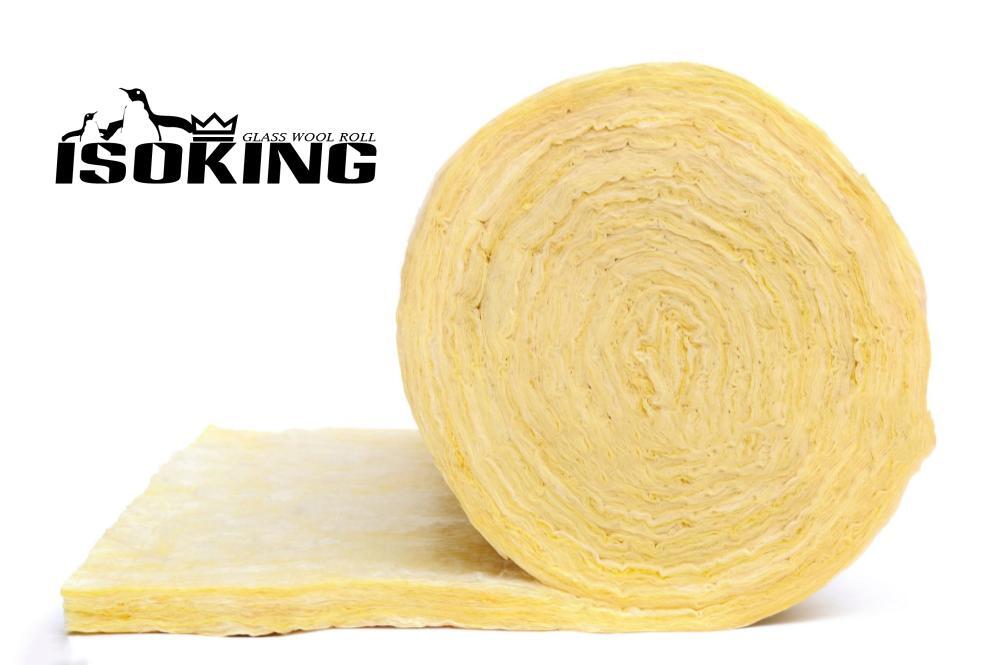Choosing high-quality industrial rubber rolls is crucial to ensure optimal performance, durability, and safety in various industrial applications. Here are some key factors to consider when selecting industrial rubber rolls:

Material Quality:
The quality of the rubber used in the rolls is of utmost importance. Look for rolls made from high-grade synthetic rubber compounds, such as EPDM (ethylene propylene diene monomer), Nitrile, Neoprene, or Silicone. These materials offer excellent resistance to chemicals, UV radiation, heat, abrasion, and other environmental factors. Ensure that the rubber rolls are manufactured using vulcanization or other reliable processes to enhance their strength and durability.
Application Compatibility:
Consider the specific requirements of your industrial application. Different rubber formulations are designed for specific applications, such as oil resistance, high temperature resistance, electrical conductivity, or anti-static properties. Choose rubber rolls that are specifically formulated to meet the demands of your intended application to ensure optimal performance and longevity.
Dimensions and Thickness:
Carefully assess the dimensions and thickness of the rubber rolls to ensure they align with your requirements. Measure the area where the rolls will be installed and consider factors such as expansion, contraction, and potential trimming needs. The thickness of the rubber rolls should be appropriate for the expected load, impact, and wear. Thicker rolls generally offer better durability and resistance to compression.
Surface Texture and Finish:
The surface texture and finish of the rubber rolls can impact their functionality. Consider factors such as slip resistance, ease of cleaning, noise reduction, or specific surface requirements for your application. Some rolls may have a smooth finish, while others feature raised patterns or textured surfaces to enhance grip and traction.
Certifications and Standards:
Ensure that the rubber rolls meet relevant industry standards and certifications. Look for certifications such as ISO 9001 (quality management system), ISO 14001 (environmental management system), or specific certifications like UL (Underwriters Laboratories) for electrical applications. Compliance with these standards demonstrates that the manufacturer has implemented quality control measures and adheres to industry best practices.
Supplier Reputation:
Choose a reputable and reliable supplier for your rubber rolls. Look for suppliers with a track record of delivering high-quality products and providing excellent customer service. Check for customer reviews, testimonials, and references to gauge their reputation and reliability. A trusted supplier can offer guidance, technical support, and assistance in selecting the right rubber rolls for your specific needs.
Cost and Value:
While cost is an important consideration, it should not be the sole determining factor. Focus on the overall value and long-term benefits that high-quality rubber rolls can provide. Consider factors such as durability, performance, maintenance requirements, and potential cost savings in terms of reduced downtime and replacement frequency. Investing in high-quality rubber rolls upfront can yield significant returns in terms of performance, lifespan, and overall cost-effectiveness.
By considering these factors and conducting thorough research, you can make an informed decision when choosing high-quality industrial rubber rolls that meet your application requirements and deliver long-lasting performance.